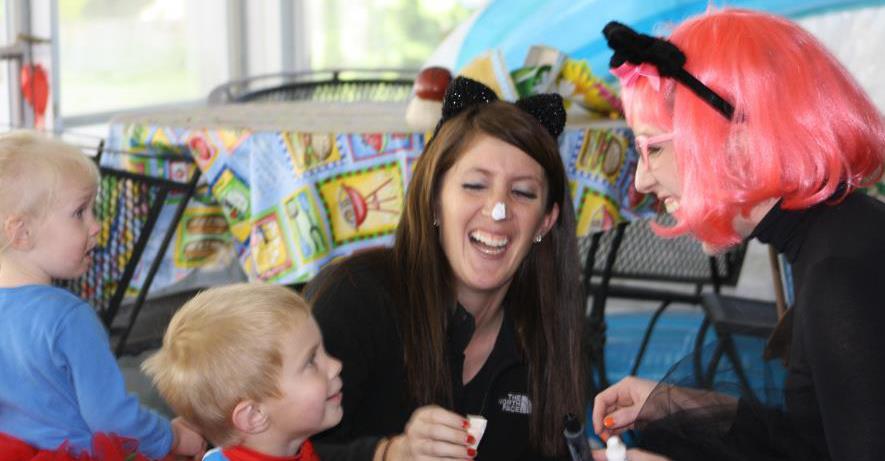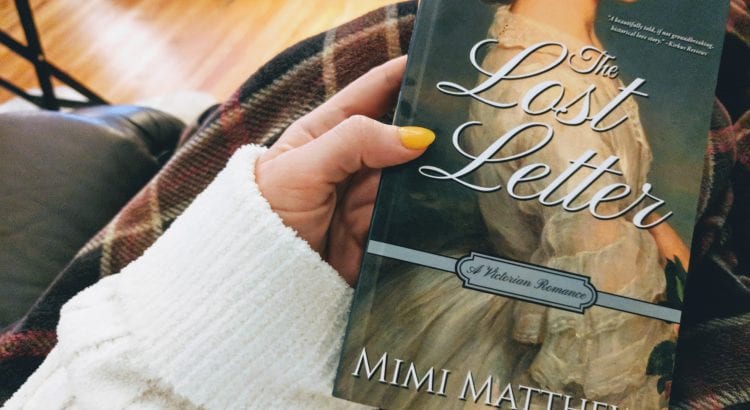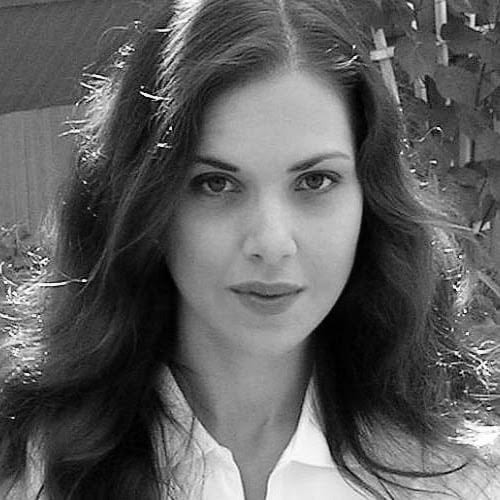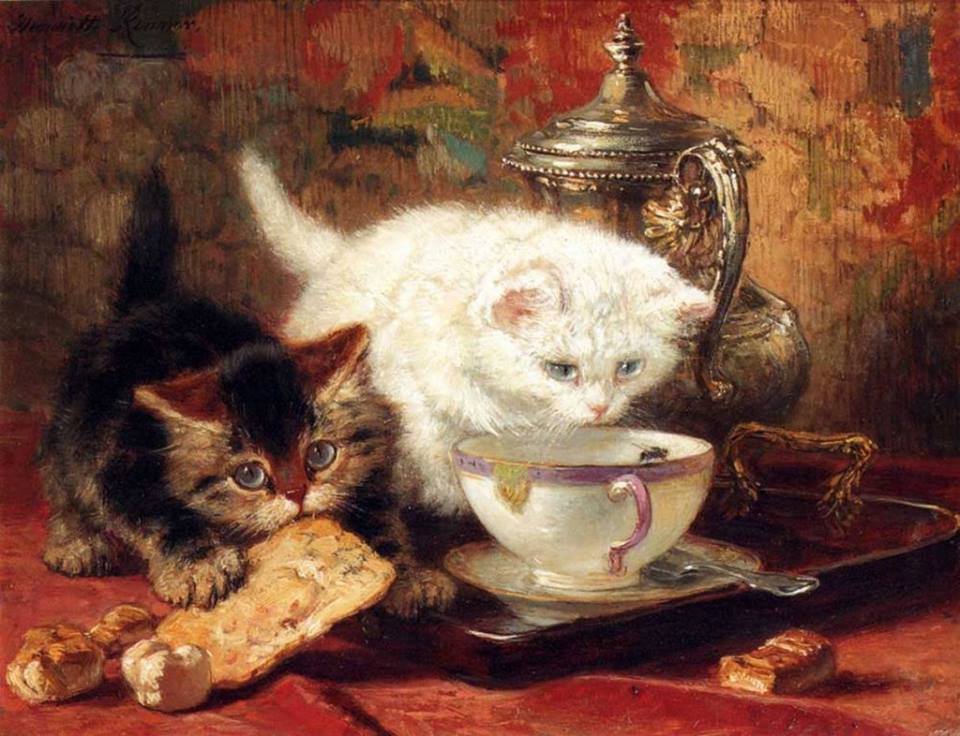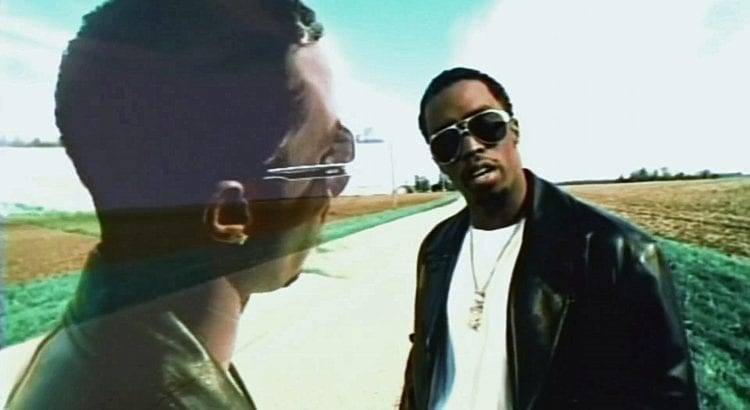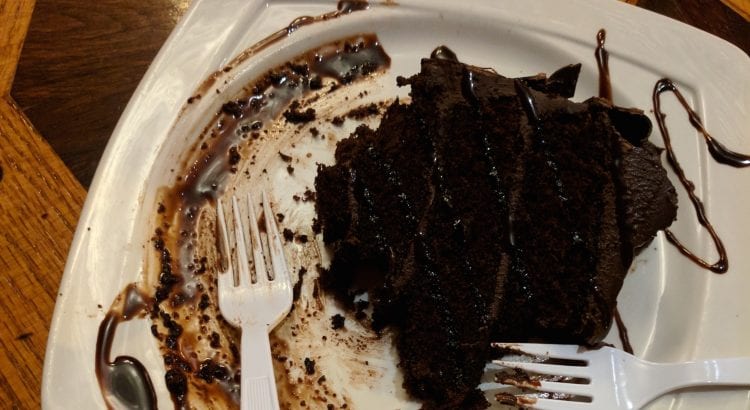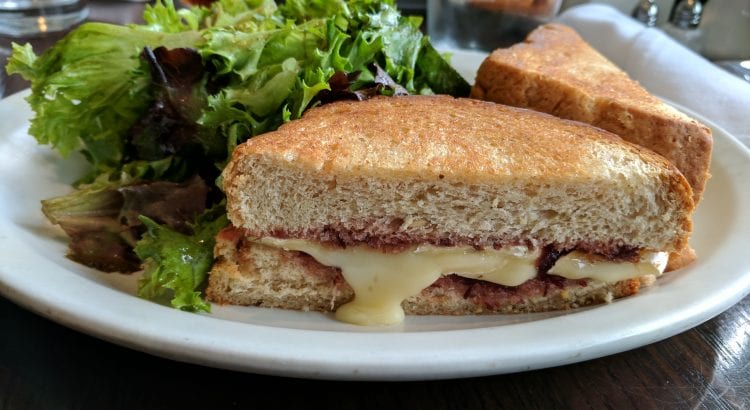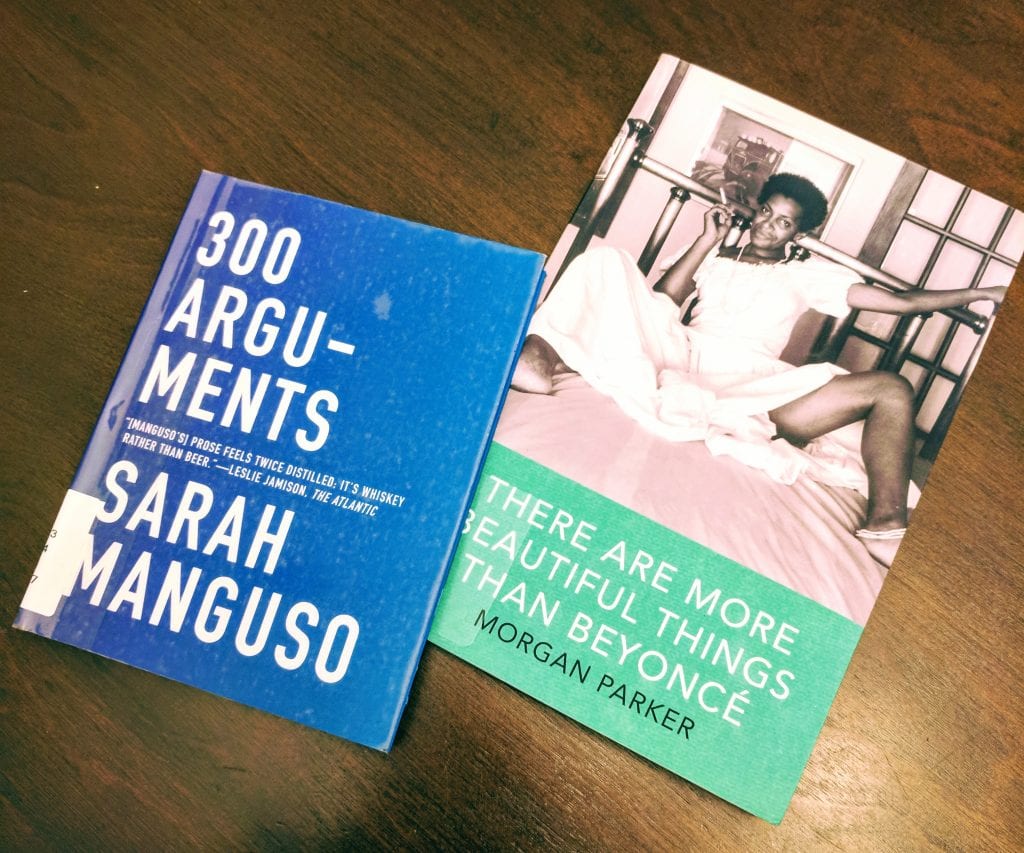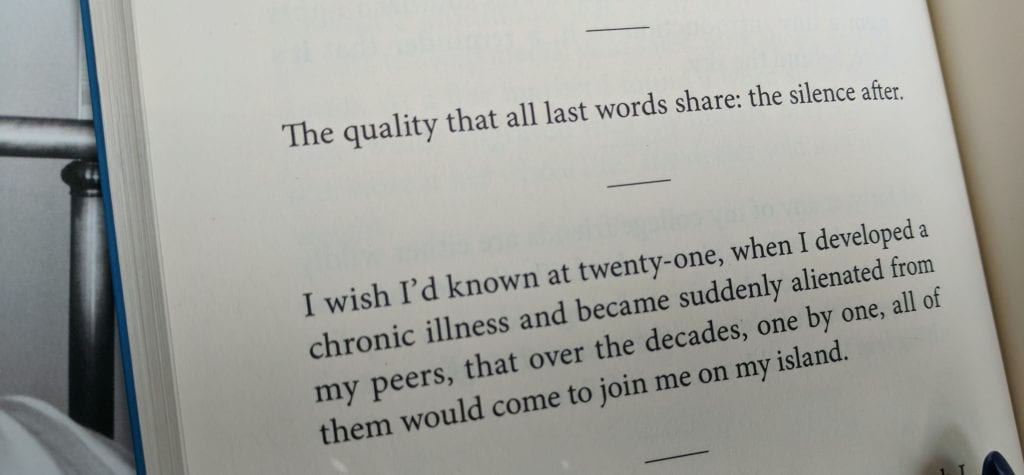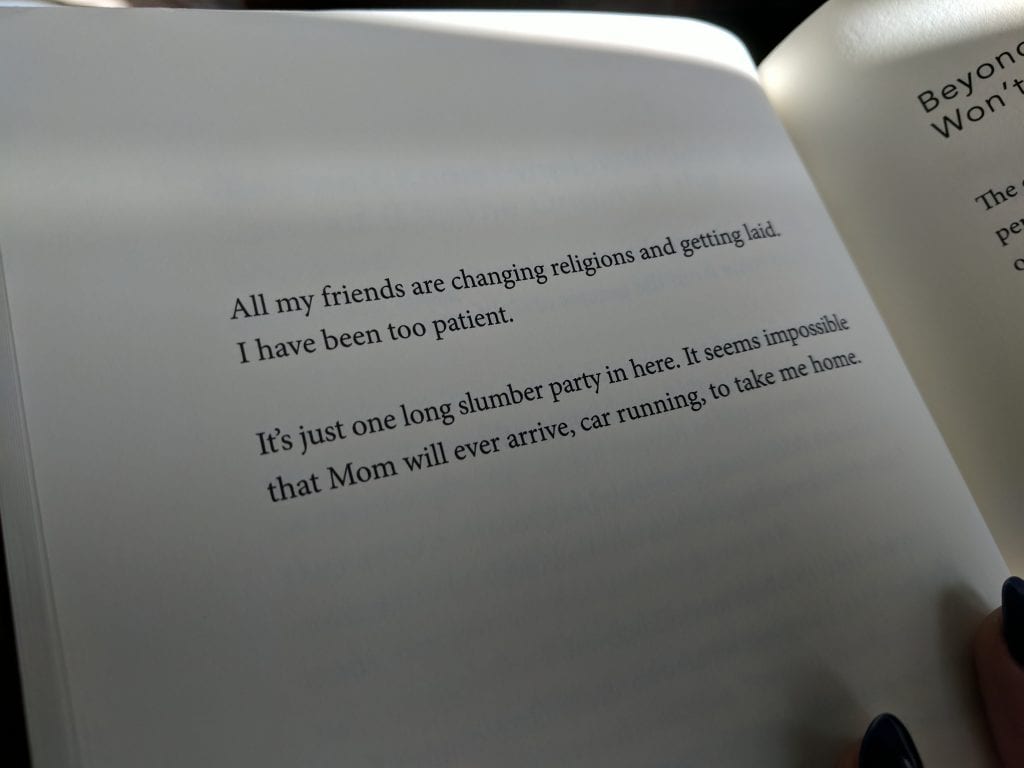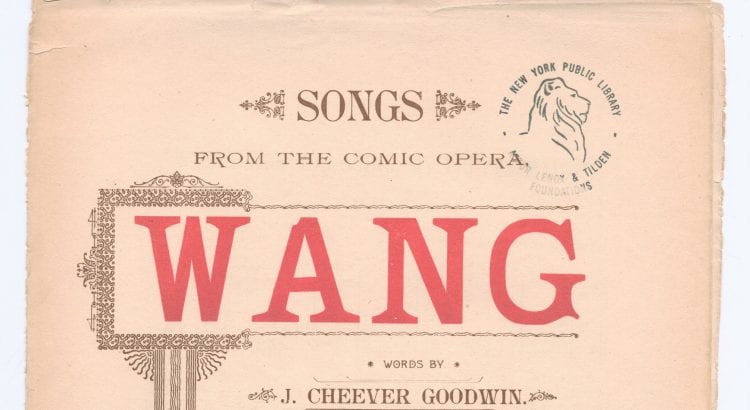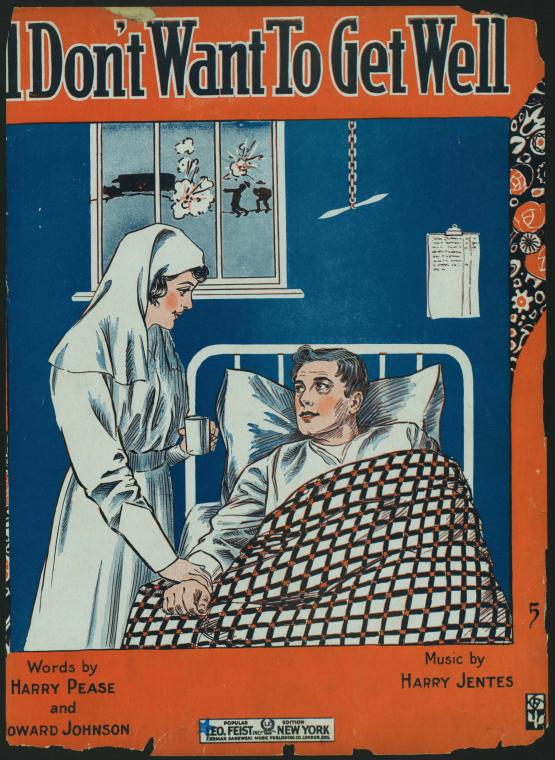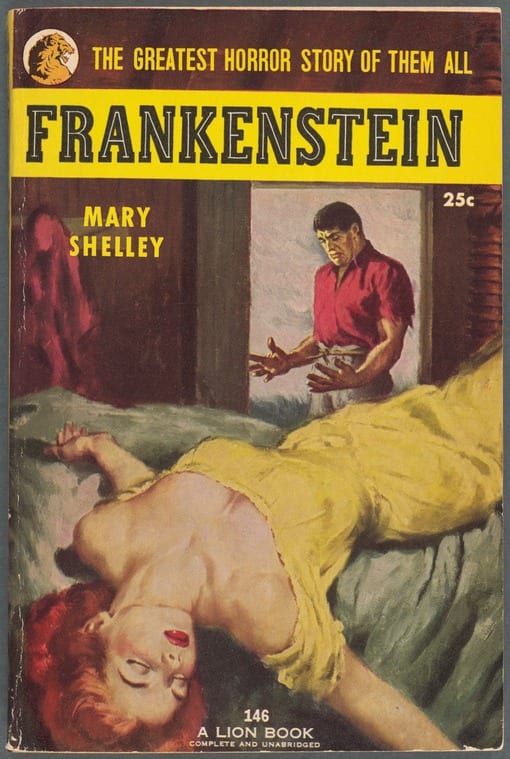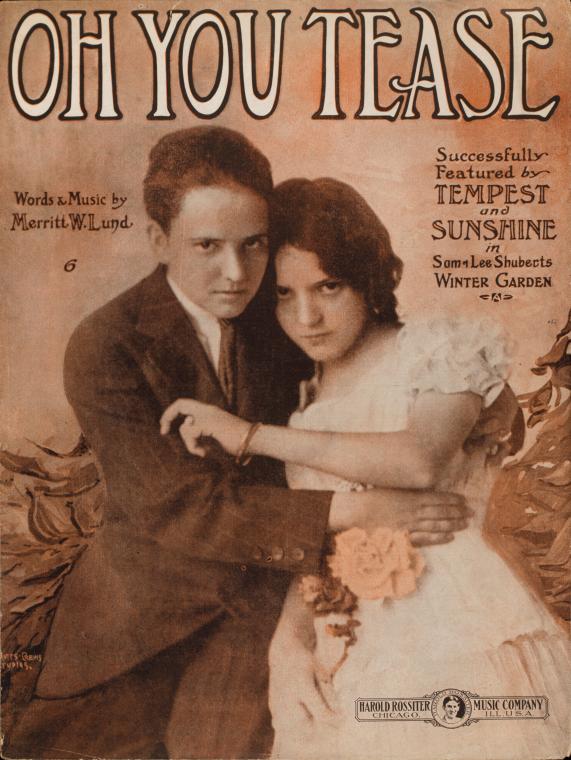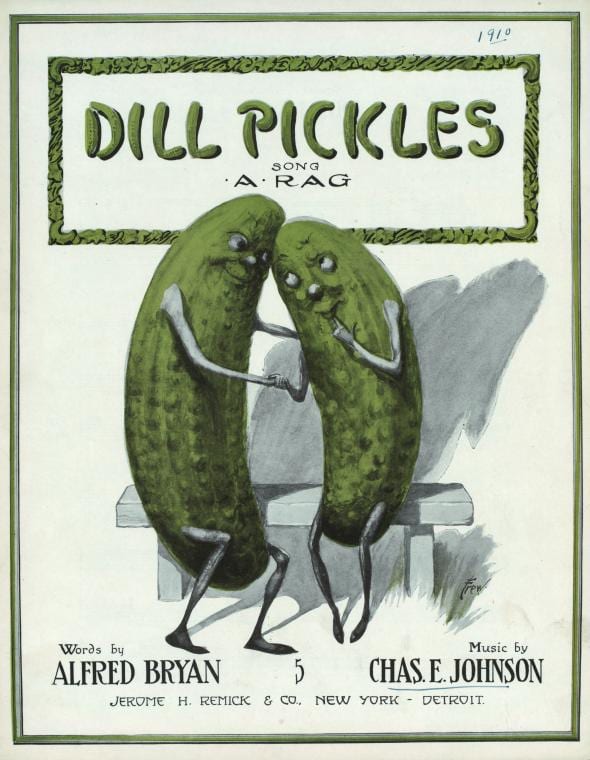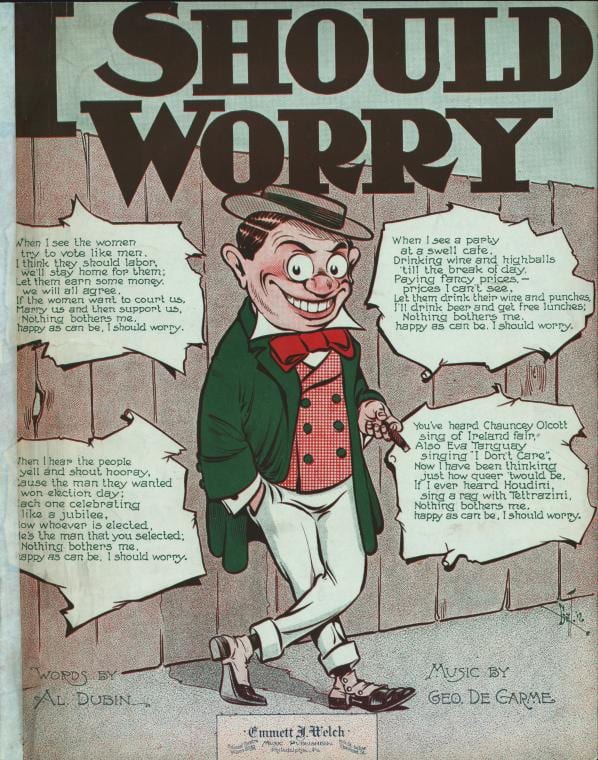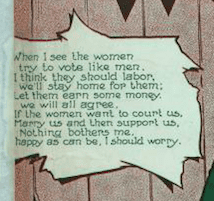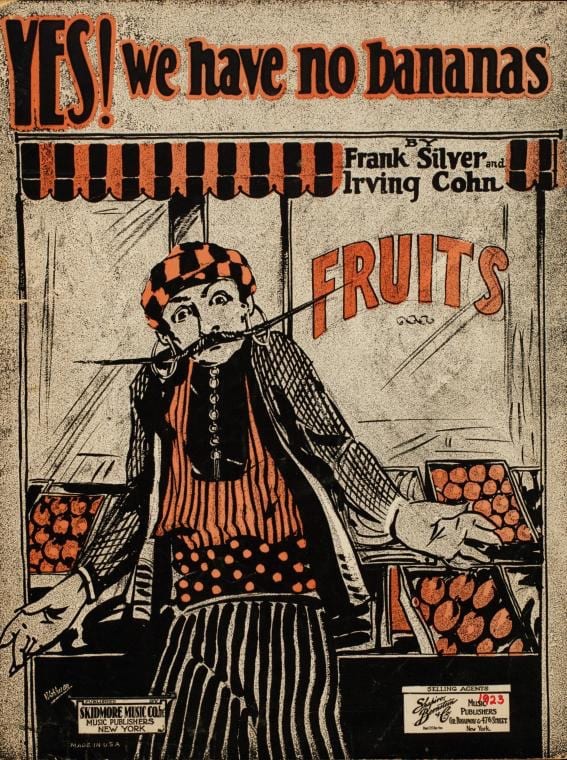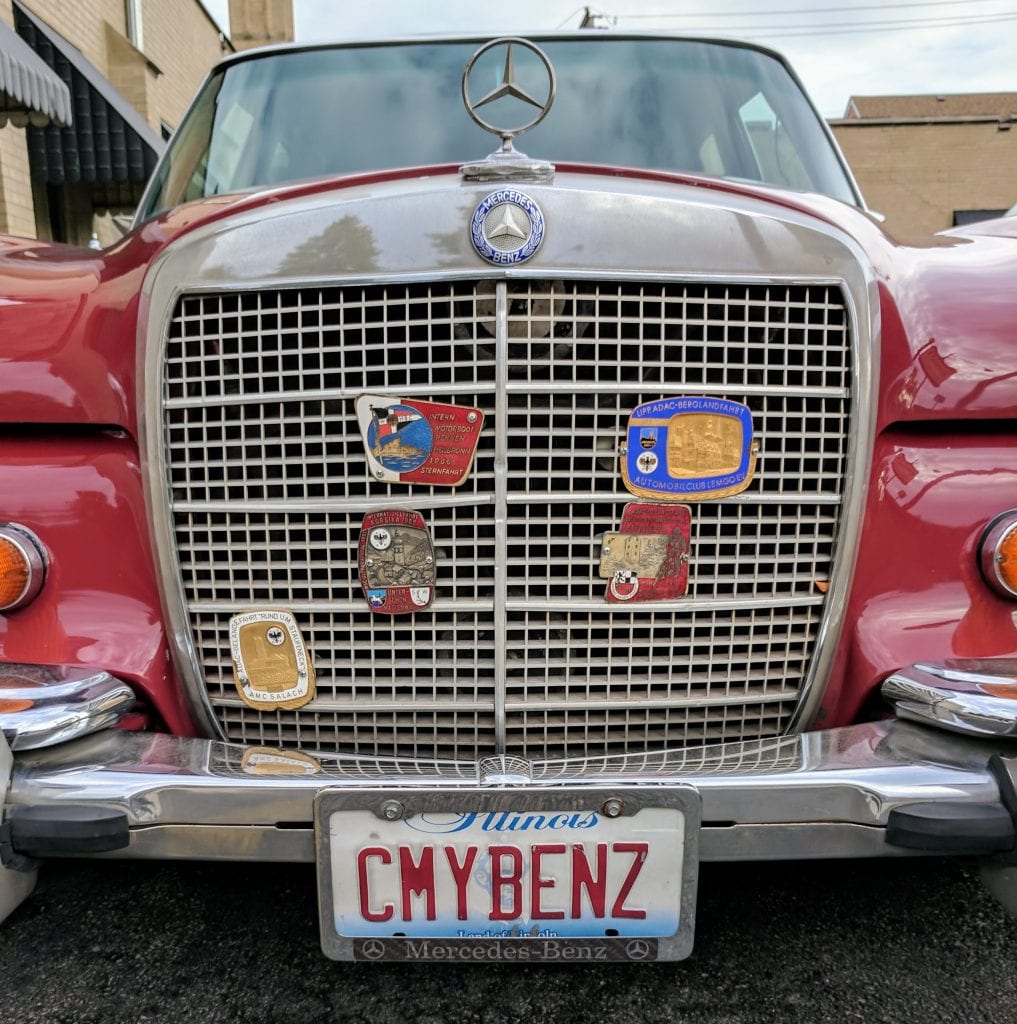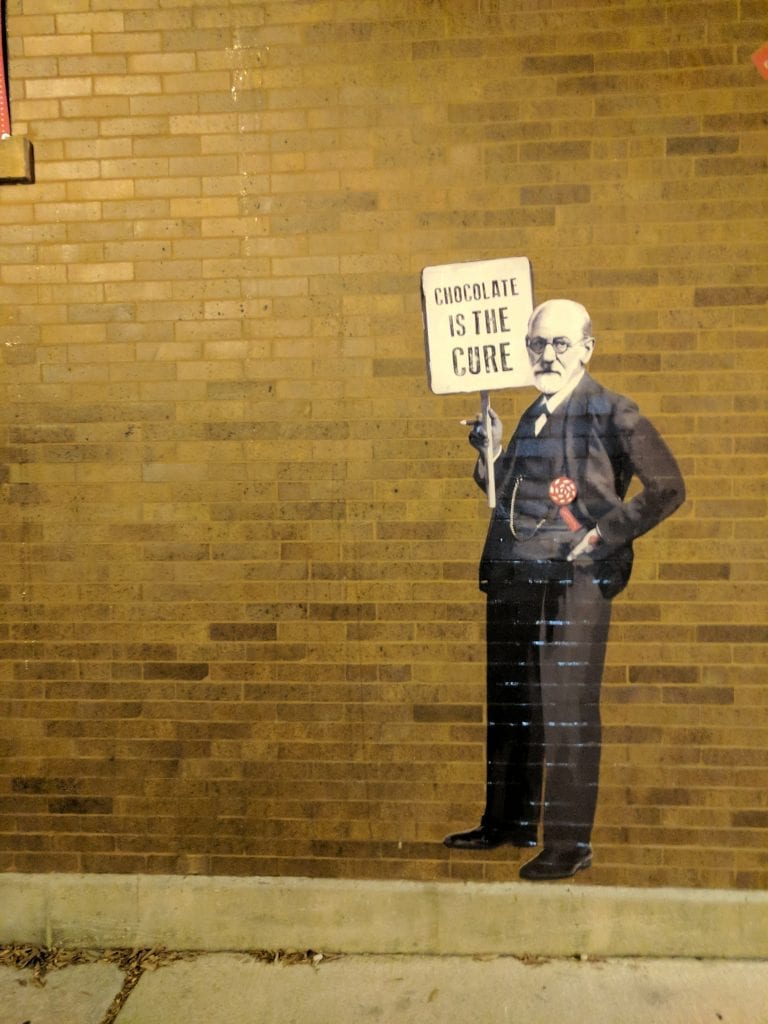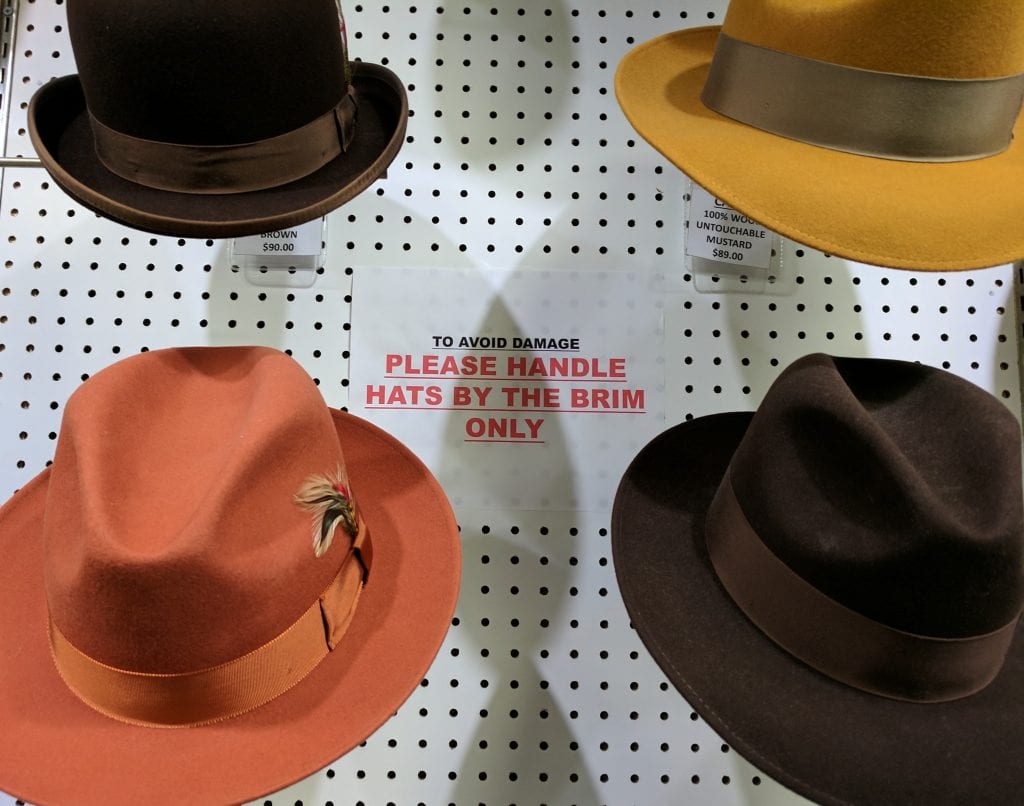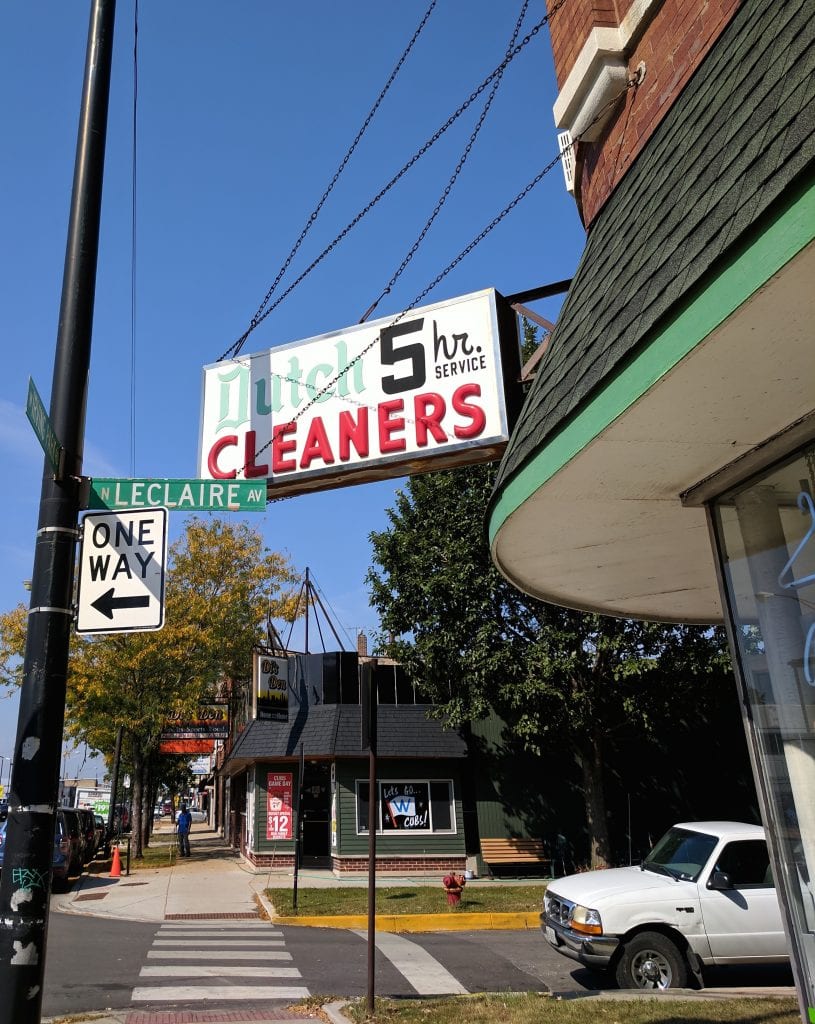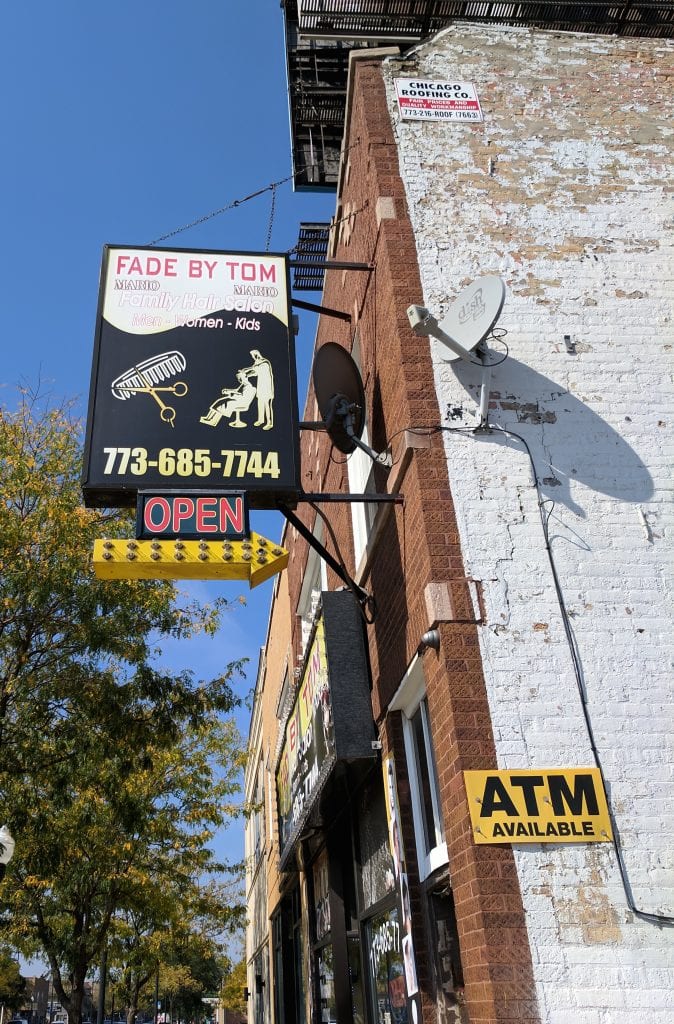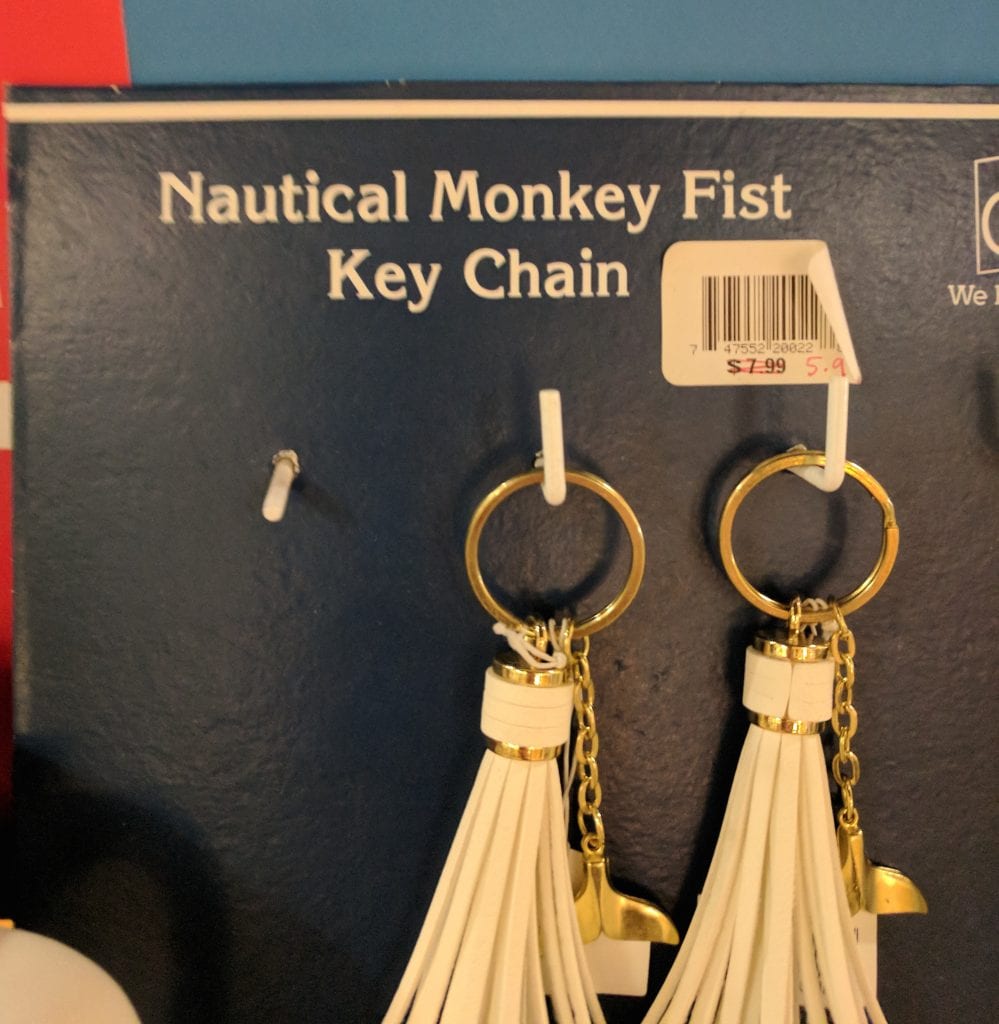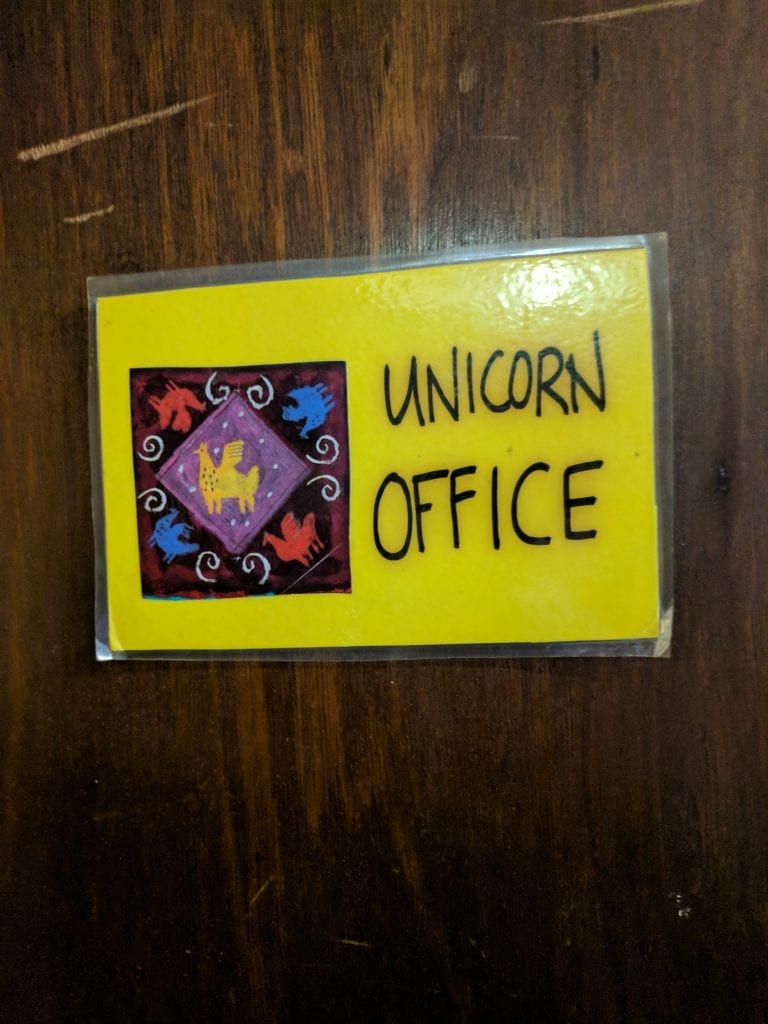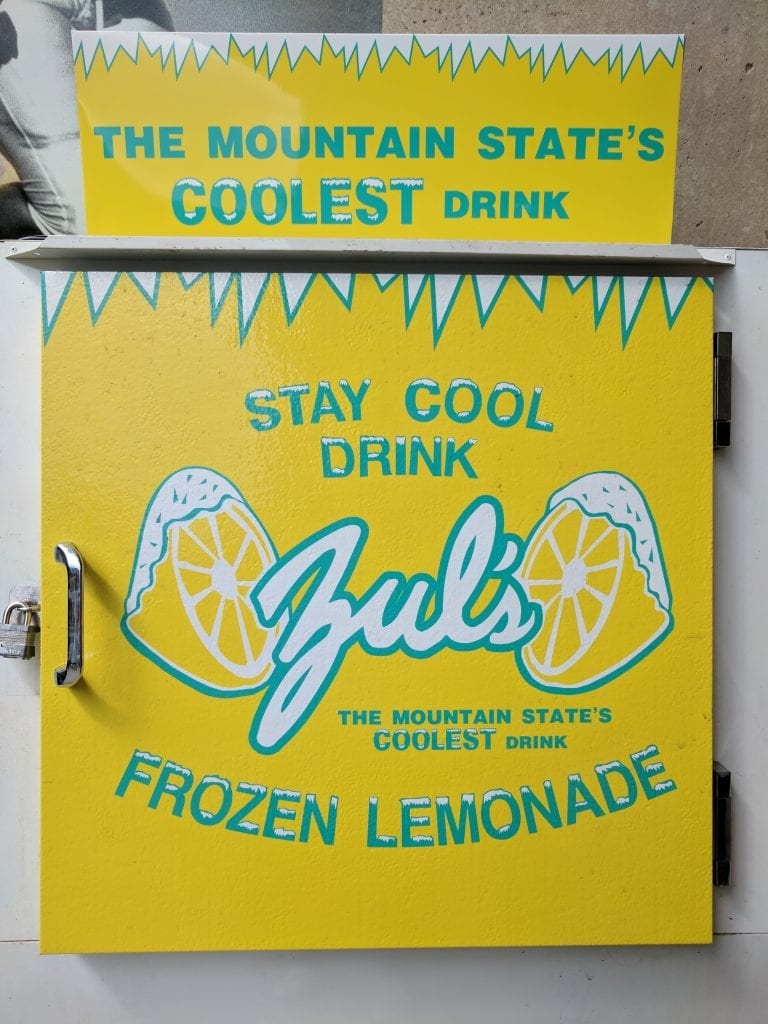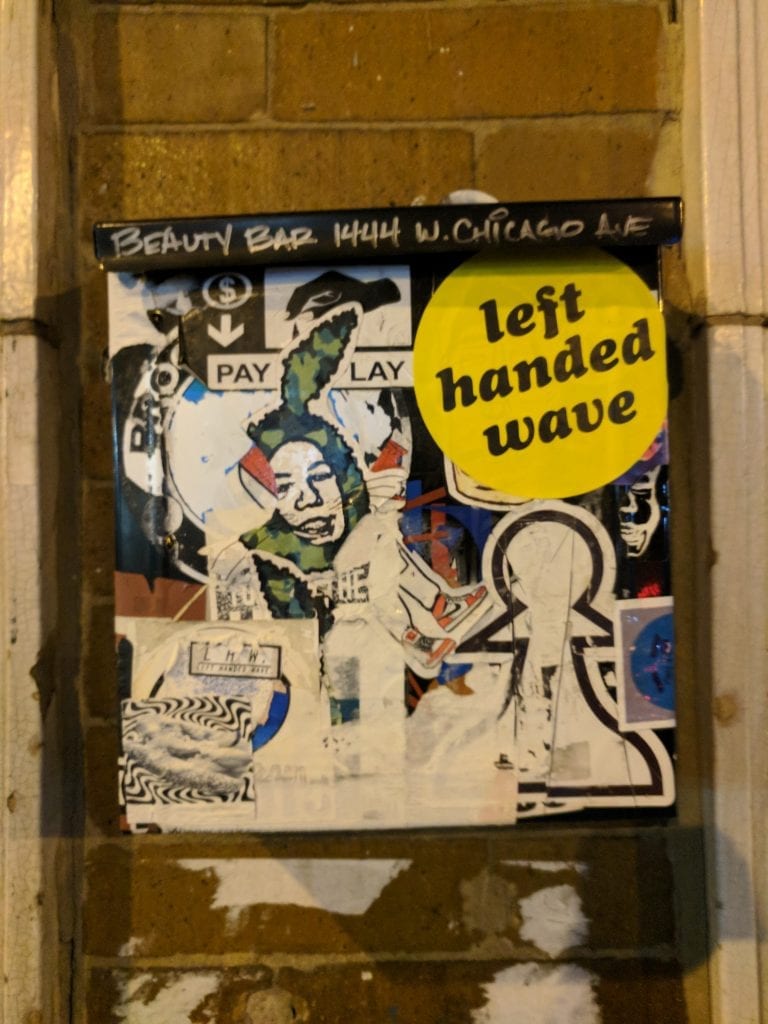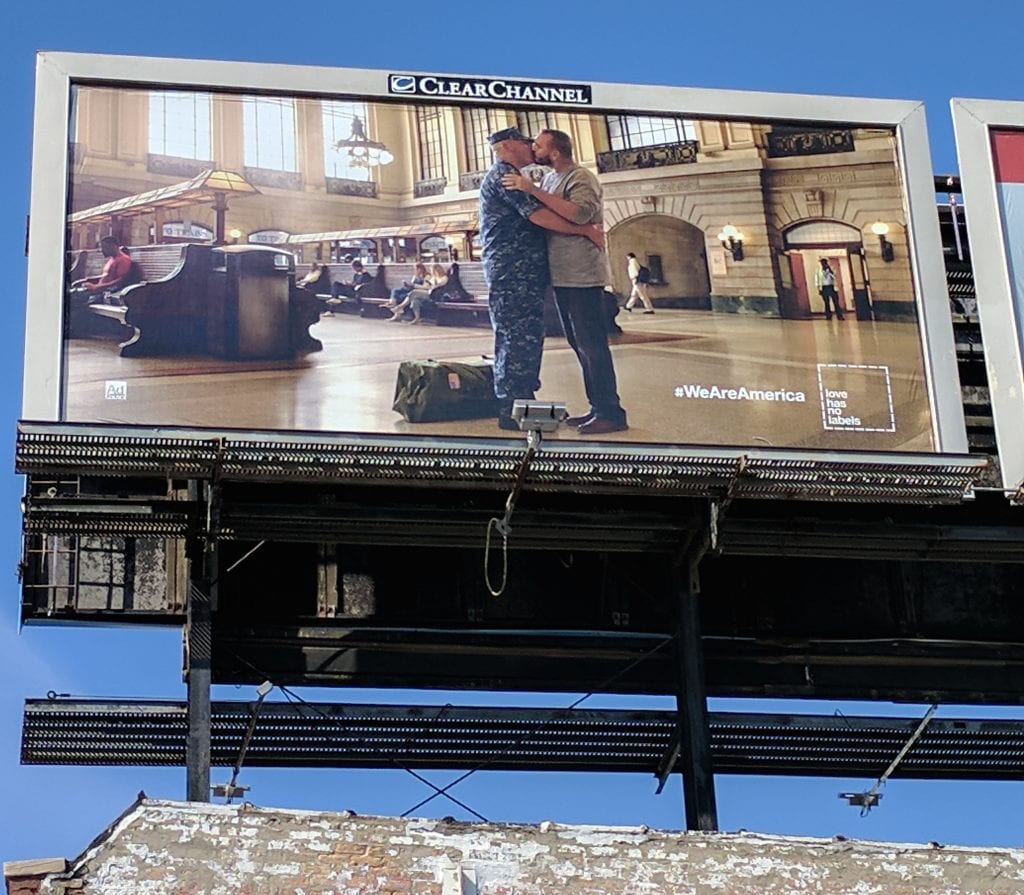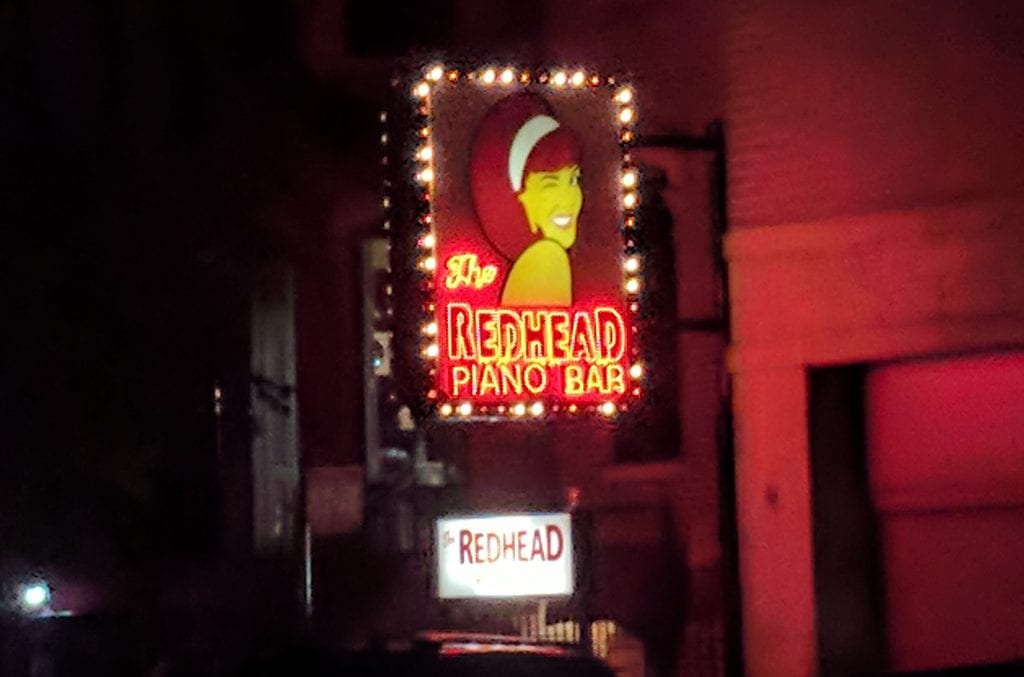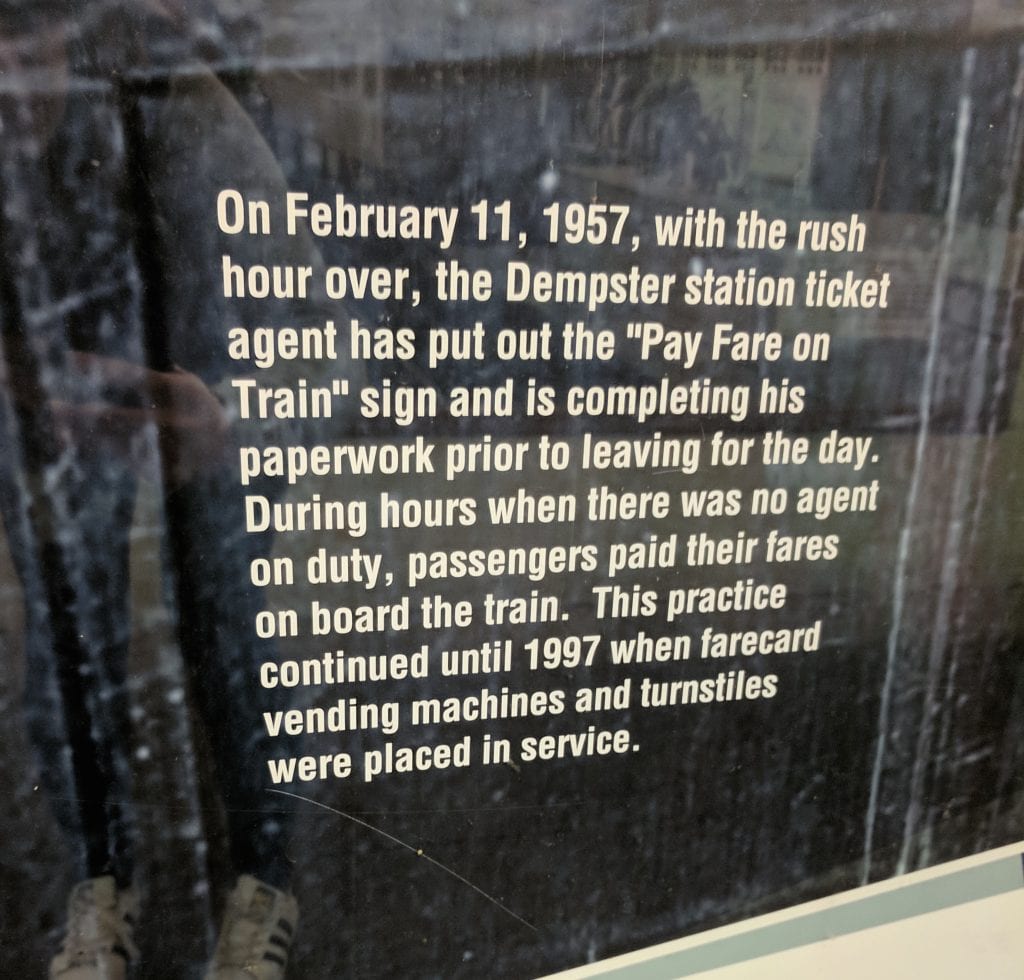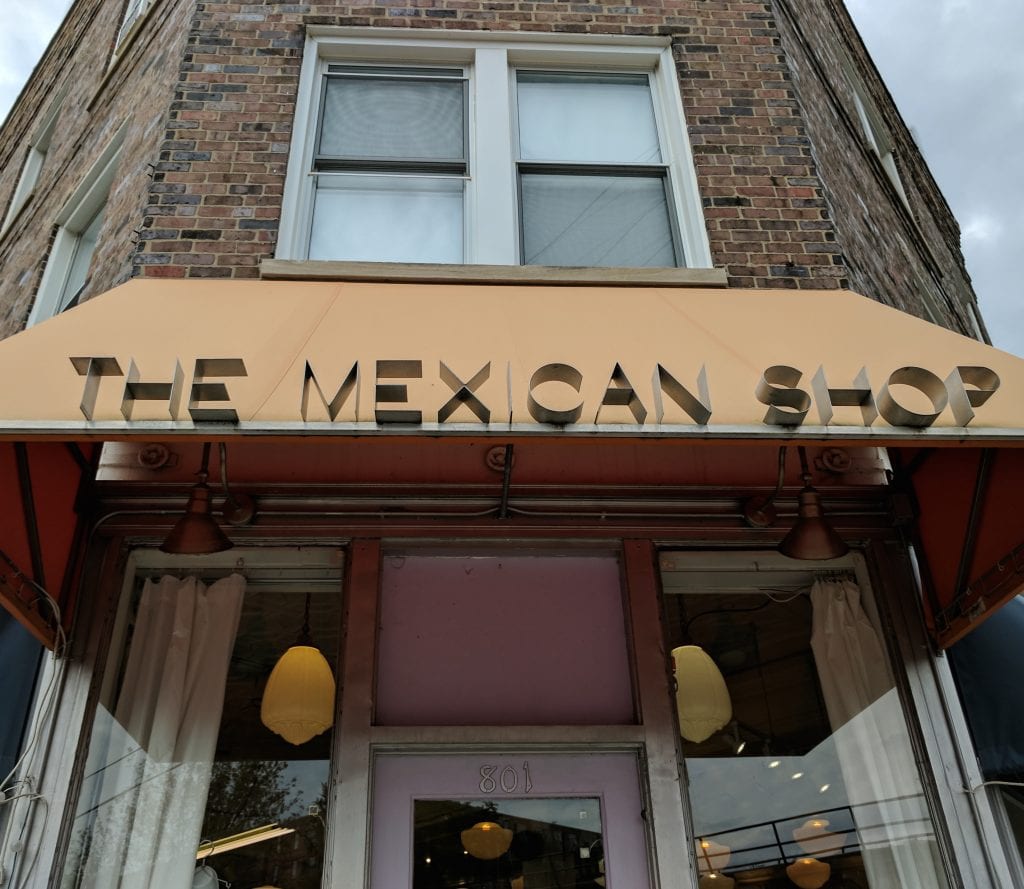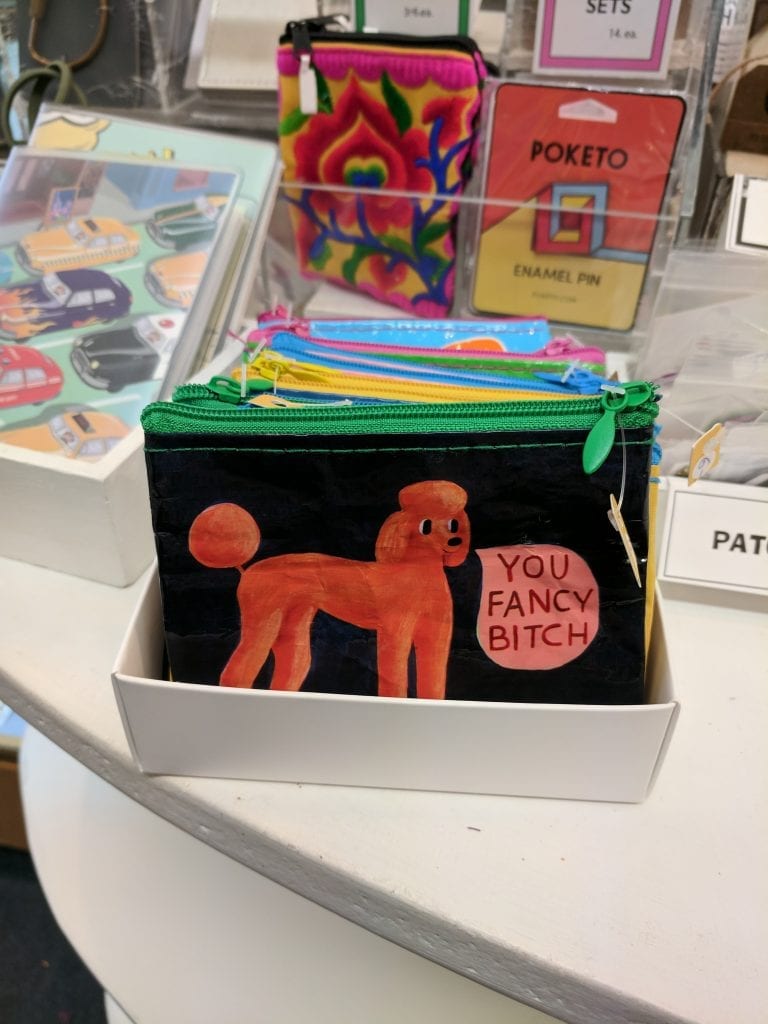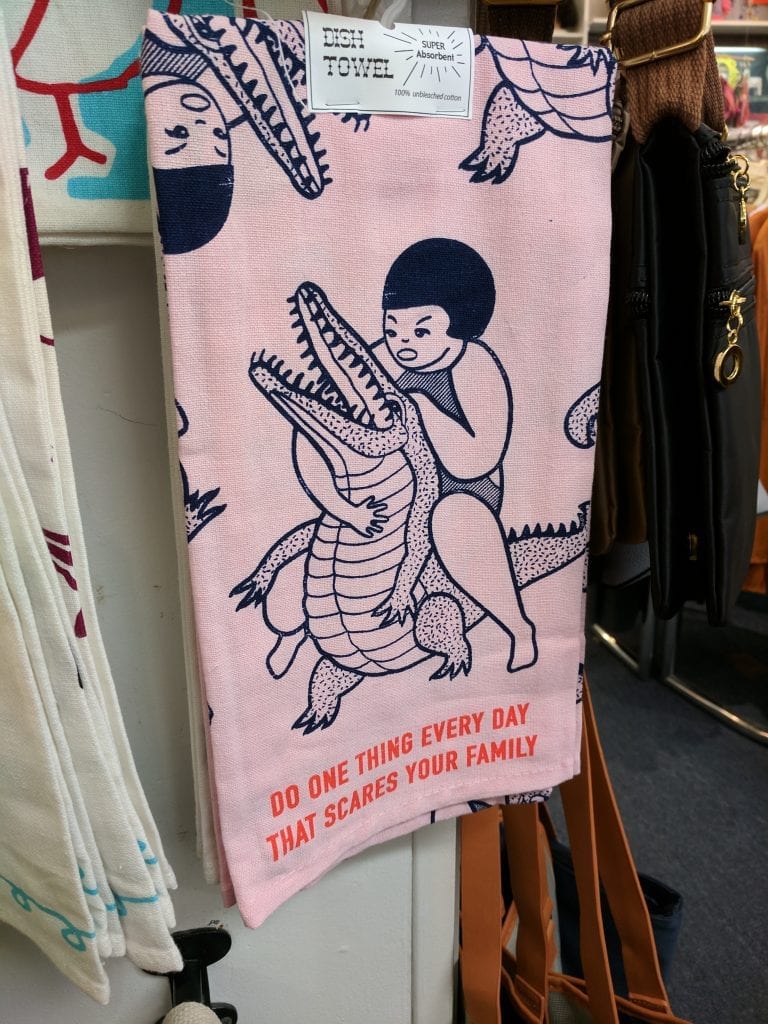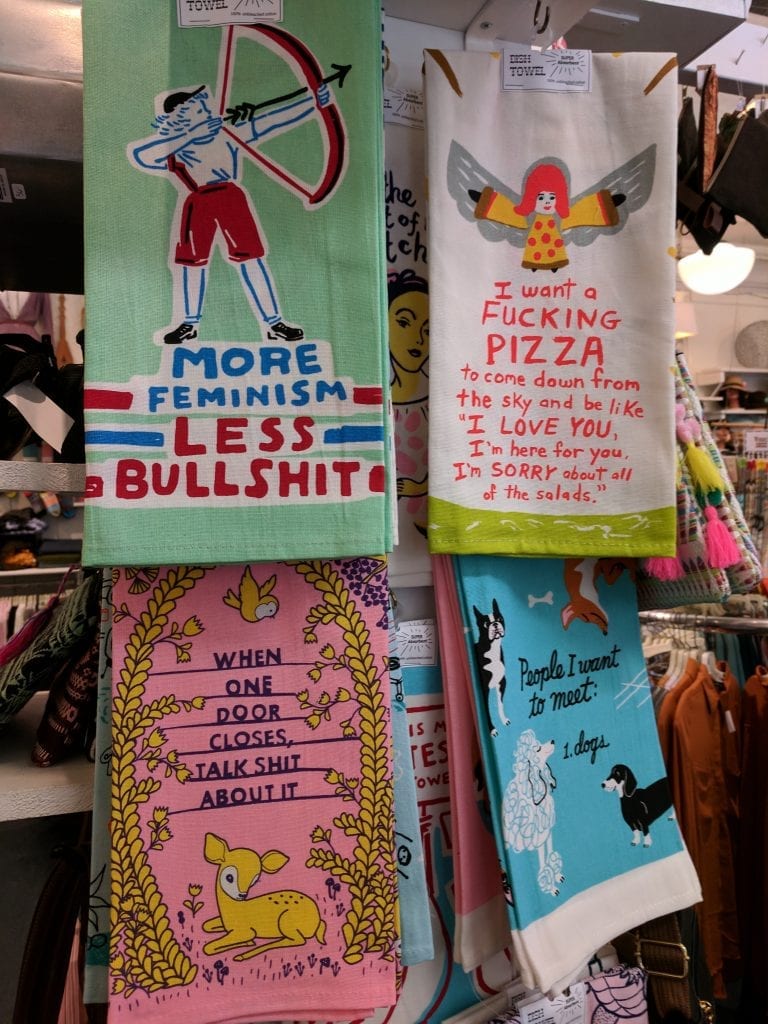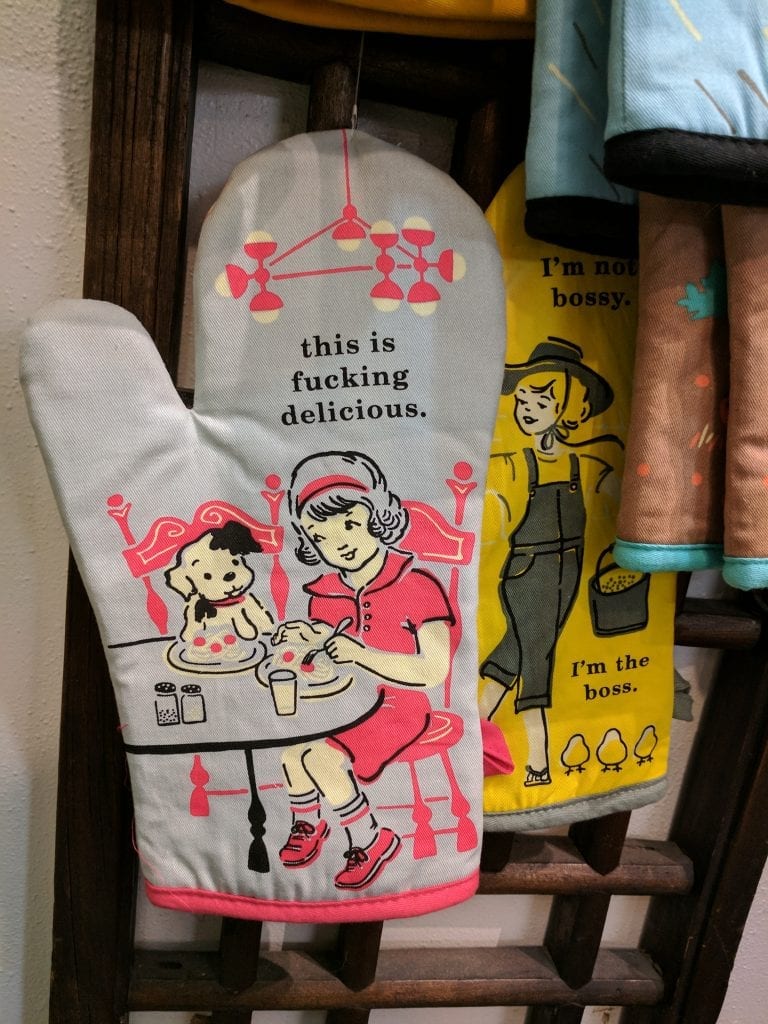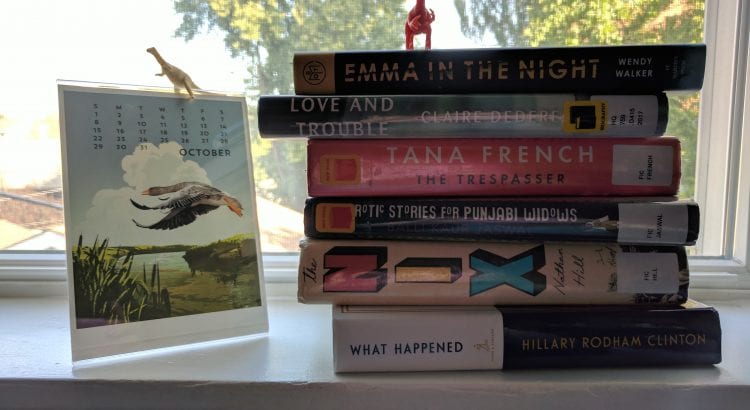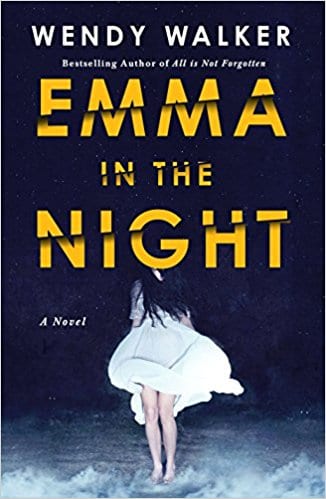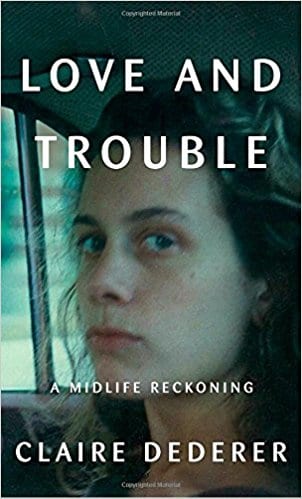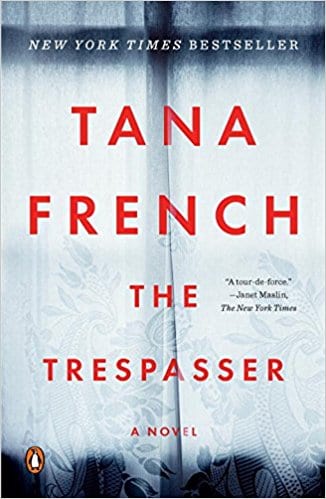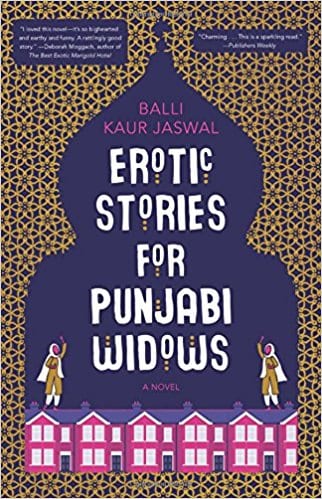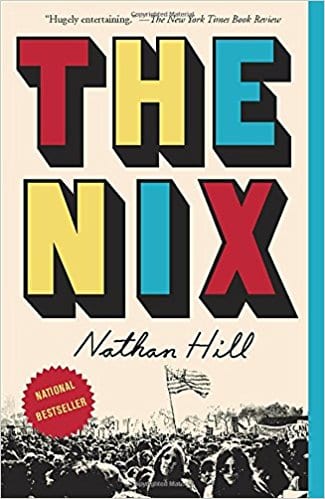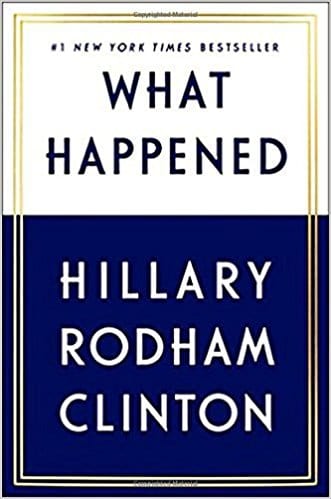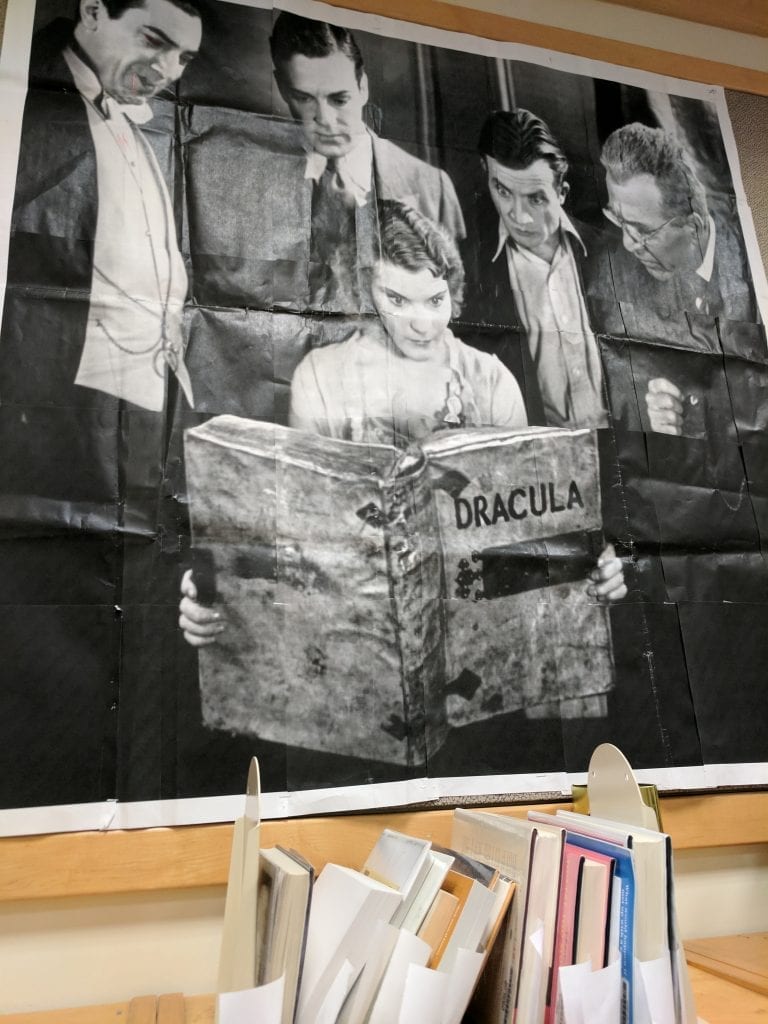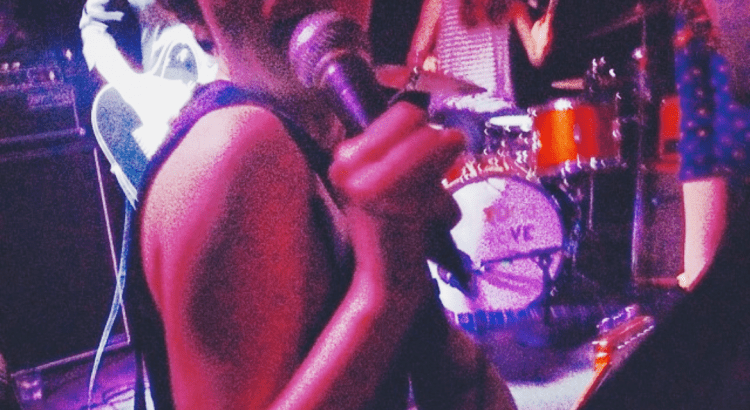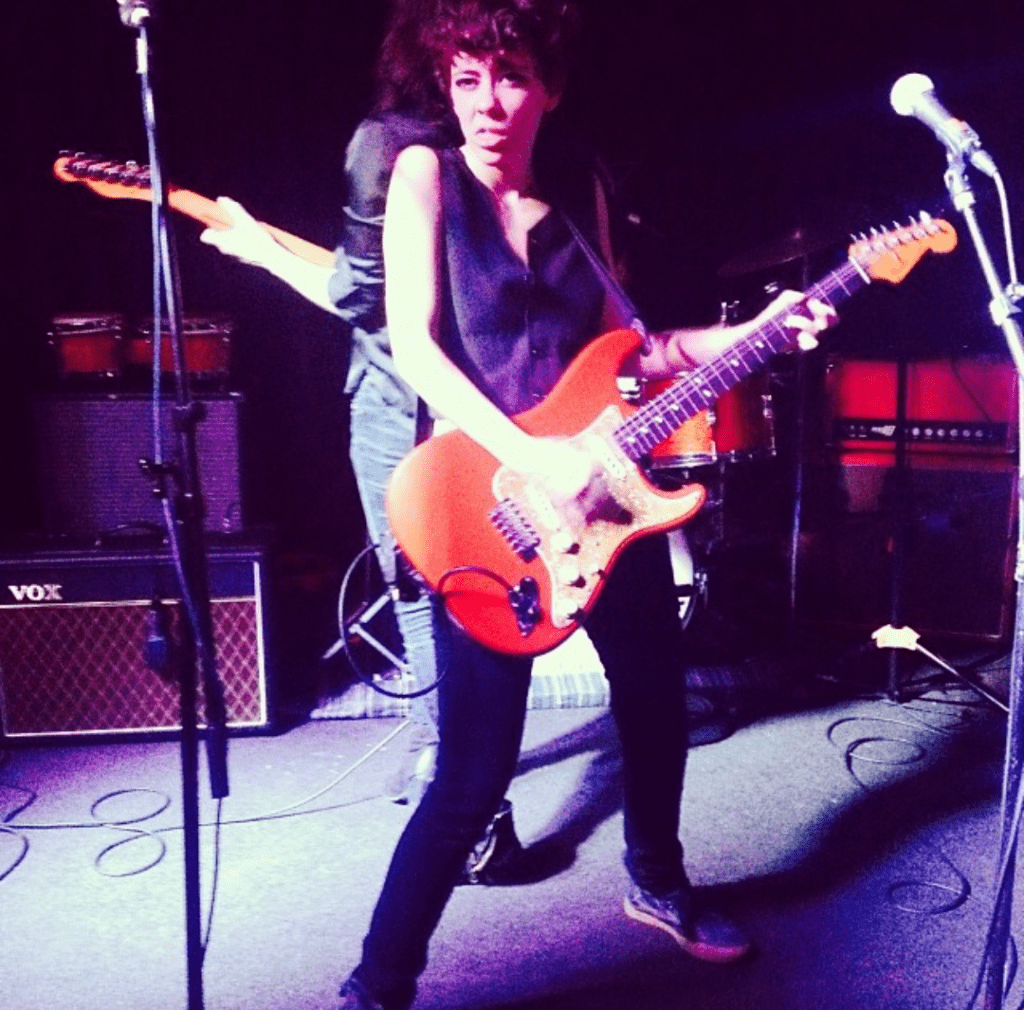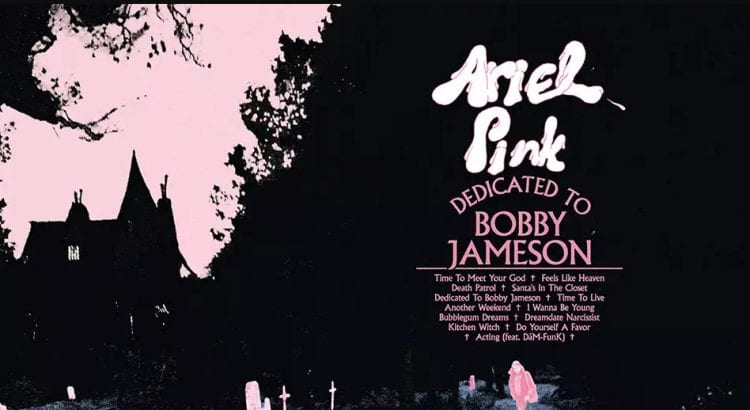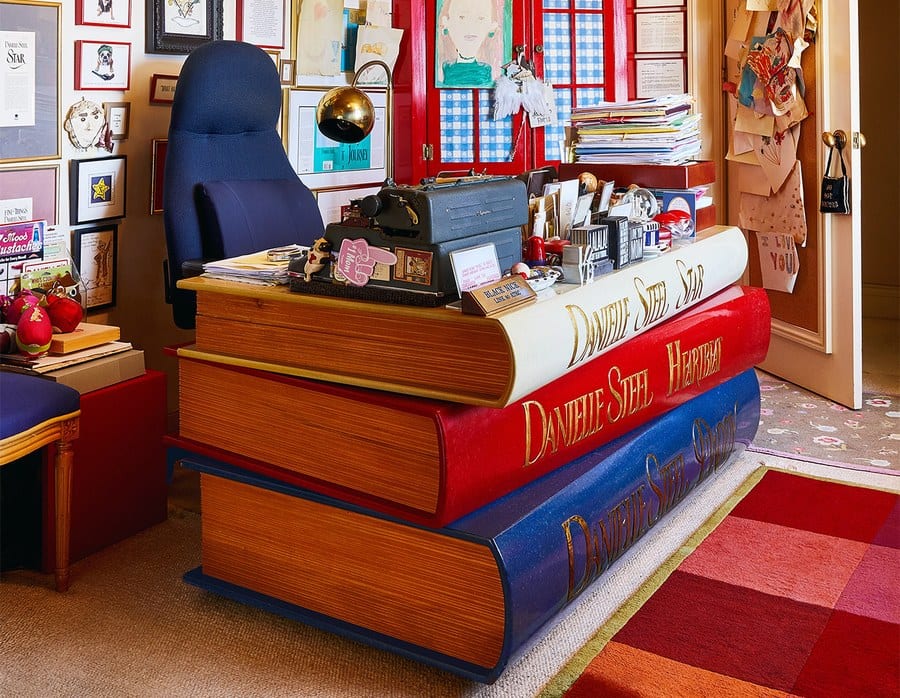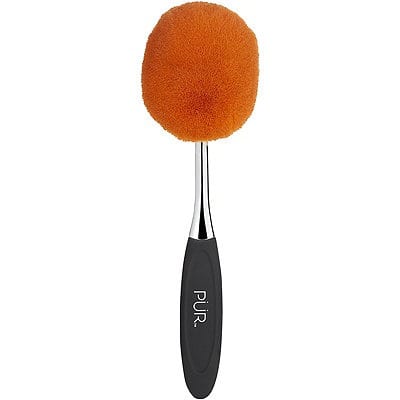As Marion, Ohio’s first ever Applebee’s Carside To-Go girl, I took my duties seriously.
Seventeen going on 18, I was the perfect fit for the job, as I was not yet old enough to serve alcohol like a full-fledged in-restaurant waitress. This, despite the fact that in my previous position as a night server at a nursing home, I carried flights of boxed red to ornery old folks looking to score.
Among my major responsibilities at my hometown neighborhood bar and grill:
- Stand by and answer phone. “Thank you for calling Applebee’s, ‘Home of the Half Price Happy Hour.’ How may I help you today?” Perfect. Since age five, I’d been answering my home phone in a similar manner. “Hello. Mantey residence, Jackie speaking. How may I direct your call? Oh, she’s taking another acid shower. Would you like me to record a message?”
- Take orders over phone. Place orders in POS system. Stop sweating. Do not be intimidated by surly cooks who accidentally put Carside orders on for-here plates instead of green plastic to-go containers and who silently blame you for their lot of life on the line as they dump the Oriental Chicken Salad into the correct container. Ponder what about the Oriental Chicken Salad actually makes it Oriental besides the crispy noodle topping. Deliver food to cars. Try not to be obvious with flare pin on chest that reads, “Though I be but a lowly Carside To-Go girl, you may tip me! I’m paying for college soon and make $5-something an hour.”
- Help out when slow. Run food. Play host. Do not, I repeat not, give a surly waitress’ next four-top to someone less deserving. Be “expo,” short for “expediter,” short for “put the lemon garnish on the grilled chicken and don’t screw up the ticket or you will be forever 86ed in the mind of all.”
The staff was nice, but kitchens get heated when everyone and their cousin-brother is packed in slimy neoprene booths awaiting boneless chicken wings and onion peels. Half off. Hot damn.
These rush hours, I was not cut out for. But by God, I put this job on my college applications and would excel at this just like I did everything else. Beam me up, Stanford. (And by Stanford I mean the perfectly affordable state school up north that supposedly admitted the half-illiterate.)
Years later my future husband would dub me a Trophy Hunter: a person trained for validation by way of a gold star, A+, Dean’s list, line-itemed resume. In restaurant worlds, there are no trophies, unless you count the rouge dessert sent back to the kitchen because the order was wrong. Upon which you descend like a pack of starving kookaburras.
I was too soft to deal. Luckily, I knew I wouldn’t have to for long. My stint at Applebee’s would be a chemical-egg-scented pit stop on the way to “bigger and better things.”
Not like the lifers. These co-workers were my motivation to stay in school when I’d come back to work on college breaks. There are two types.
First, the ones who have worked at every restaurant in a three-county radius. Sometimes coked up. Sometimes just draw-ers of the short sticks. Sometimes hard up for work because life is unfair and I was a young judgey jerk yet to be served my own sour shot of life.
Example of type one: Sam, who we nicknamed Sam-ela Anderson for her predilection to position her generous rack on the high-top tables when a group of guys would come in for beers. (Hey, sister could get tips, so who are you, dear reader, to side-eye? Just eat your Spin Dip.) She pulled night shifts at Cracker Barrel post Applebee’s lunch shift. Ponderosa on the weekends. Soon she’d be fired or fed up with one or the other and move on to the next waitress want ad.
Post-college, I’d see her at a burger joint while on a lunch break out with my new magazine editor. It was genuinely good to see her. She asked me how many kids I had now, despite being only 21 (answer still, ten years later: Zero). Props to her for working her similarly generous butt off for her four. Five kids? I think it was six.
Also in this category of Applebee’s colleagues were those working in wait. These individuals were here for some rest; slangin’ apps was an Appletini-stirrer-shaped pin in their regularly scheduled work lives.
Best example: Doug (name changed for soon-to-be obvious reasons), one of only a few male waiters on the team. He was friendly, smart, fast. And, most importantly, as chill as the bagged salad in the back.
Doug was in his 40s and his story was this: He used to be a lawyer but the job had him burnt-out to a crisp. One day, he simply walked out of his attorney suit and into a neon Applebee’s tee and waist apron.
He did good work but if he couldn’t–if a good night of tables was beyond his control–he didn’t care. Ok, man? In the grand scheme of things, it didn’t matter if Table 5 didn’t get that extra side of jalapenos, per the original verbal writ of condiments.
One teenage girl’s stressful work environment was another man’s paperwork free oasis.
Also, he had the best pot.
It was another hobby he’d taken up following his dramatic exit from the Bar. Once I bought two joints from him and smoked them both in the Wal-Mart parking lot behind the Bee’s following my night shift. I, duh, got way too high and spent another four hours in my car, waiting it out. I watched families enter the shining supercenter, like flies to a busted porchlight, with a slit-eyed, stoned stare. Do they know I’m an alien?
I think of Doug sometimes when I’m locked into a marketing writing project and trying to find five new ways to say “well-curated,” even though the client will just change it to “well-curated” because that phrase means nothing and everything anymore. I’m not quit-it-all-and-serve-fried-foods-and-weed yet, but I totally get it.
The second type of Applebee’s lifer would remind me why I couldn’t do this work forever: I was absolutely terrible at it and they were not.
Rhonda, for example, was a rockstar. I saw people come in for dinner, ask to be seated in her section, find out she wasn’t working that evening, leave. Amy was like this, too–everything else in life seemed to beat her, but there’s no one I’d trust more with a 20-person party, double drink orders each, screaming kids, bun on-the-side requests, and separate checks.
Both could handle the heat in their sleep. And they made good money doing it. Meanwhile, I had nightmares, still do, that I’ve been sat a table I didn’t even know was in my section and now the manager is being beckoned from afar and also we’re out of ranch dressing and how can we go on without ranch dressing?!
When I’d come home to waitress throughout my college breaks (I had matriculated from Carside To-Go), I’d notice how the people I worked with had changed in the months between my presence. Some seemed more haggard, angry, tired, high.
Not the type two servers. Waitressing is the hardest job I’ll ever have and these people just got better and better. They saved my mozzarella-stick-dimpled ass from angry customers many times. And they taught me to not be so harsh in my judgement of other people’s jobs.
Maybe they were the real winners. They didn’t have to pay off $40,000 in student loan debt to find what they were really, really good at. They didn’t need a stupid trophy or professorly pat on the head.
They’d never be the first at anything — but what’s that matter anyway? This was their calling.
And isn’t finding that what “bigger and better things” are about, at their molten chocolate lava cake core?

